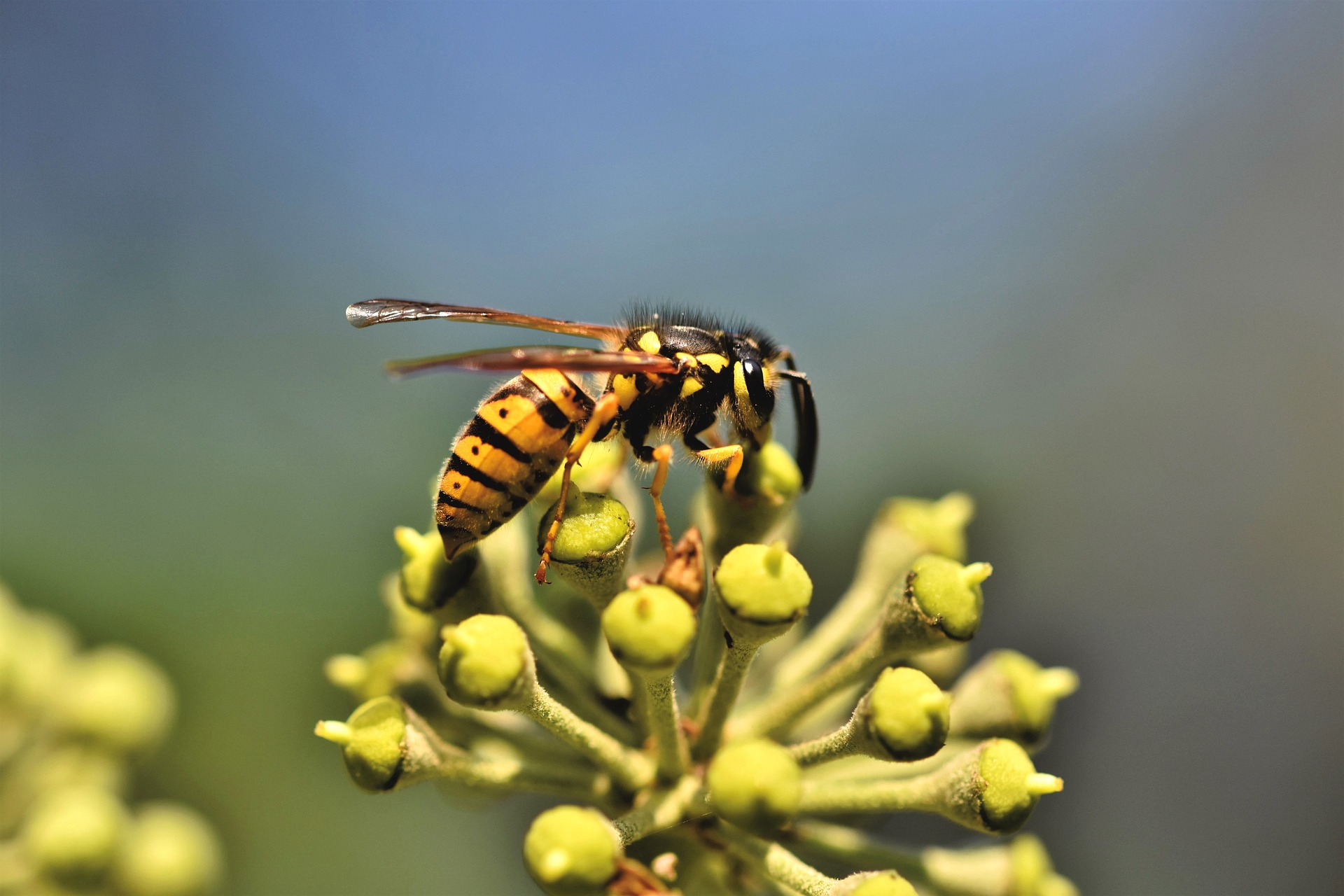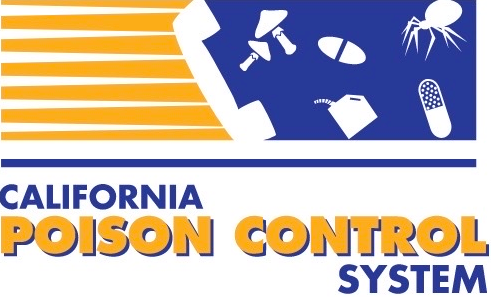California is home to many insects that sting, such as bees and wasps. Insect stings are common all year round, but they are more likely to happen during warmer months when more people head outdoors.
Stings vary in severity based on the person, the type of insect, and the sting site. Most stings lead to unpleasant reactions such as an itchy bump. However, you may have stronger, life-threatening reactions if you are allergic to the venom (see anaphylaxis below). Venom is considered a poisonous substance created by animals and insects. Learn how you can stay safe and prevent insect stings.

Common insects that sting
- Bees
- Wasps (example: hornets, yellow jackets)
General sting symptoms
- Fever
- Hives
- Pain/Itching
- Redness
- Swelling
- Warmth around the sting site
Anaphylaxis
Anaphylaxis is a severe, potentially life-threatening allergic reaction. Call 911 right away if you have any of the following symptoms.
- Chest tightness
- Difficulty breathing or wheezing
- Difficulty talking or confusion
- Pale or red face
- Rash over the whole body
- Sever pain, cramping, or swelling
- Shock
- Spreading redness or red streaks
First aid tips
- For stings
- If you are stung, remove the stinger with a flat object like a credit card rather than using your fingers or fingernails
- Cleanse the site with soap and water
- Use an ice pack to reduce pain or swelling
- Use calamine lotion or a mixture of water and baking soda to reduce itchiness
- For anaphylaxis
- Use an EpiPen (epinephrine autoinjector) right away
- If you do not have an EpiPen, call 911 immediately
Prevent insect stings
If you come across insects, do not agitate them. Insects only sting if they feel threatened.
General sting prevention
- Apply insect repellants that contain DEET to all exposed skin areas
- Avoid wearing scented products as they can attract stinging insects, such as:
- Cosmetics
- Fragrances (example: perfume, cologne)
- Personal care products (example: shampoo, hair spray, aftershave, deodorants)
- Do not agitate insects
- Stay cautious around areas where stinging insects live or are found, such as:
- Flower and plants
- Food storage
- Garbage bins
- Picnic grounds
- Wild or commercial hives or nests
- Wear protective clothing for yard work or around grassy areas, such as:
- Closed-toe shoes
- Gloves
- Hats
- Long sleeves and long pants



